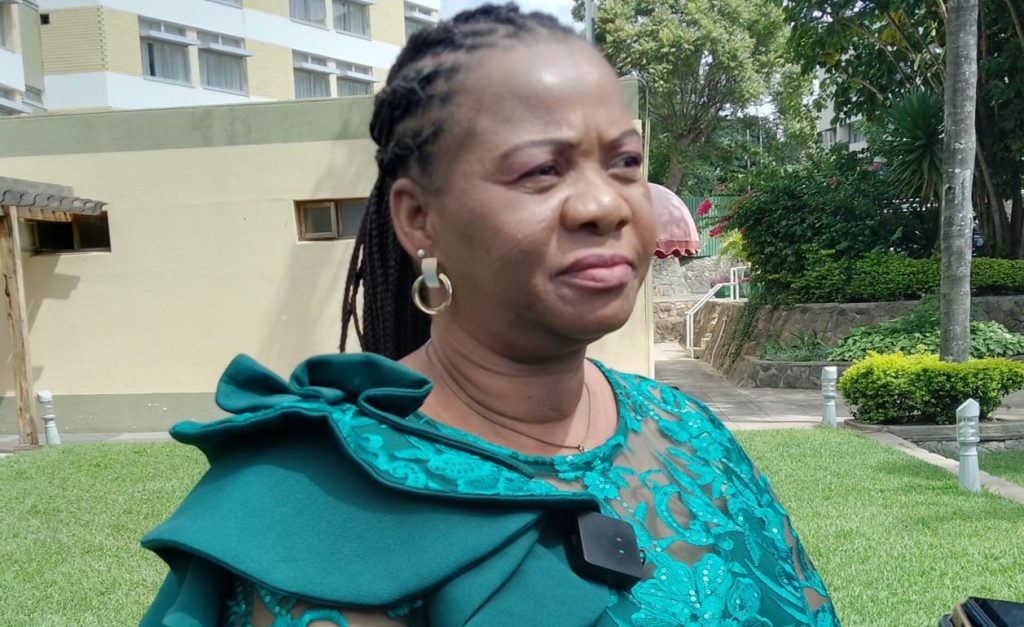Police, councils pledge fair play
Police and local councils have pledged to level the playing field for all contestants during the official campaign period for the September 16 2025 General Election.
The commitments come against the background of past experience where some political parties barred their rivals from holding campaign rallies in jurisdictions they deemed their strongholds. In some cases, local councils have also faced accusations of bias for allegedly blocking political parties, especially those in opposition, from holding rallies.

But in an interview on the sidelines of a Malawi Electoral Commission (MEC) engagement with police and council leaders in Blantyre on Monday, South East Police Region Commissioner Chikondi Chingadza assured Malawians that the law enforcers will not allow anyone to be barred from holding political campaign rallies in any corner of the country.
She said police will work professionally to serve the interests of Malawians and that they will arrest anyone who will bar other contestants from conducting their campaigns in other areas.
Said Chingadza: “First of all, it has to be known that in Malawi every person has a right to go anywhere, meaning that every person whoever is interested or intending to conduct a rally or a function, has got a right to do it at any place as long as he or she is a Malawian.
“So, we will make sure that every person has that right to conduct those meetings and no one should bar anybody from conducting such.”
She also said police will not tolerate the distribution of handouts in the forthcoming elections regardless of the political party one is affiliated to.
In a separate interview, Blantyre City Council chief executive officer (CEO) Denis Chinseu said councils are geared to ensure that the elections are credible, free and fair by ensuring fair play.
He said councils will level the playing field by ensuring that all political parties are given equal opportunities to hold political rallies in various areas during the campaign period.
Said Chinseu: “We are sure that the laws of the country provide freedom of association so be assured that, as councils, we are going to safeguard these laws and make sure that every contestant is given equal rights.”
In his address, MEC chairperson Chifundo Kachale noted that district commissioners, council CEOs and police officers-in-charge play a critical role in making an election credible, free and fair.
“We cannot achieve a credible election if all knowledge and information is concentrated at the Malawi Electoral Commission head office and its staff alone,” he said.
During a similar engagement in Mzuzu a fortnight ago, stakeholders asked MEC and government to seriously look into concerns of handouts, a vice which they warned could spark violence and voter apathy during the 2025 elections.
But in an interview, Kachale, a judge of the High Court of Malawi, said the issue of compliance to the ban on handouts during election campaign requires complainants to provide evidence to enable duty-bearers to act accordingly.
The calls followed concerns by some political parties that attended a review of the three Karonga local government by-elections that handouts could create an unfair playing field for contestants.
Parliament passed the Political Parties Bill in November 2017 but was gazetted on January 24 2018. The law, among other things, demands political parties to disclose sources of their funds and prohibits them from giving out handouts to lure voters.
Kachale said handouts were a law enforcement issue and acknowledged that the issue kept resurfacing during elections since the law was enacted and said MEC was engaging law enforcement agencies.
According to the Political Parties Act, the Registrar of Political Parties is supposed to enforce the law. However, the office has been without a substantive office-bearer since 2018.
Section 41 (1) of the Political Parties Act provides that a candidate, political party or body or any person contesting or intending to contest in an election under this Act, shall not at any time issue a handout. The law further states that parties or persons contravening the law will be liable to a fine of K10 million or K5 million or in default serve a five-year jail term.





